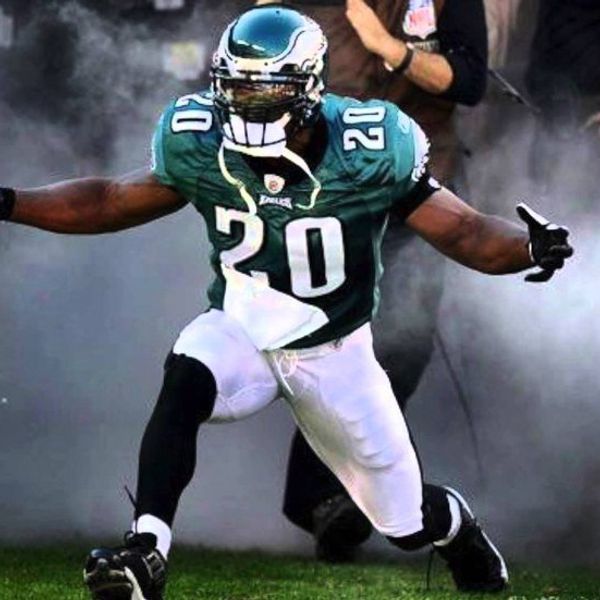Ever since 1933, professional football has seen its ranks featured by a team known as the Redskins. Even as the team moved south in the present-day Acela Corridor from Boston to Washington, DC before the 1937 season, the nickname has stuck through a World War, Jim Crow, the Civil Rights era, and three Super Bowl titles to the present day.
But is it time to put the moniker in the past? If there is one thing that 2020 has taught us other than the importance of hygiene and personal space, it is that perspectives change over time and what was acceptable in one generation deserves more scrutiny in another.
In 1933, when the then-Boston Braves football team changed its name to the Boston Redskins, American Indians had only been bequeathed citizenship a decade prior by the Snyder Act. Centuries of covert and overt discrimination had plagued the people since Colombian times, and tribes nationwide began their slow attempted rise to prosperity that continues through this day.
This is a historical reality for the many Native American nations that inhabited the American continent long before European explorers. A reality that many distracted football fans won't ponder each time the team goes to battle in the Beltway suburb of Landover, MD.
And yet, I have long been willing to accept the organization's name as it has long stood. There is some context for the name being established; the team shared a field and the title of Boston Braves with a National League baseball club before moving to Fenway Park in the 1930s and amending their tagline to the Redskins to match the Red Sox baseball team, who also played at Fenway. And even in contemporary times, polls such as a 2016 Washington Post survey showed that nine out of 10 Native Americans were not bothered by the Redskins' name.
But times have changed precipitously without much actual time seemingly passing. A new sense of racial and cultural awareness has taken flight in light of the killing of George Floyd and other members of the African American community. Place names, state flags, monuments, and numerous other aspects of our lives have come into question after seemingly coexisting with society for years prior. This effect is just a symbol of our cultural evolution over a relatively rapid period of time.
While every individual is certain to have a slightly different outlook on the issue of racial sensitivity, the growing truth is that those demanding change are not part of some noisy minority. The real and perceived 'business class' in America—increasingly blamed (deservedly or not) for neoliberal policies that adversely affect many middle-class Americans, including minorities—are also taking a lead when it comes to bringing about social reform. For example, Juneteenth has been recognized as a holiday at a number of major companies, while NASCAR and the NCAA have taken action to help ensure that the Confederate Flag is less prominent in their respective public spheres.
The same fate may meet the Redskins' name in a matter of little time. FedEx, who holds the team's stadium naming rights in a deal worth $205 million, has asked the franchise to consider changing their identity. The team—long stubborn about the idea of name reform under owner Dan Snyder—made a statement implying that their mark may soon be different.
If there has ever been a time to make this change, it is now. Racial and ethnic awareness has always been an important aspect of our nation's modern history, with it being further imperative than ever in recent weeks. The consensus among key stakeholders including fans, policymakers, and sponsors supports replacing the name 'Redskins,' with little justification nor upside in keeping the status quo.
Changing the name means expressing solidarity with people of all cultural backgrounds and beliefs. 2020 is a year for reflection of yesterday and innovation for tomorrow. The Redskins' past cannot and will not be erased. Three Lombardi Trophies will eternally remain in the organization's cupboard, and legendary figures including Joe Gibbs, Joe Theismann, and Doug Williams will forever be synonymous with football in the nation's capital, the latter being the first black quarterback to win a Super Bowl.
But a new team name would fit the new reality in terms of current viewpoints. It wouldn't make past norms evil or backward, nor would it pander to a division in society. Instead, it would recognize a changing country and mutating ideas that belong to everyone. When the NFL team from Washington next takes the field, it may be under a new brand, and that should be revered.



















